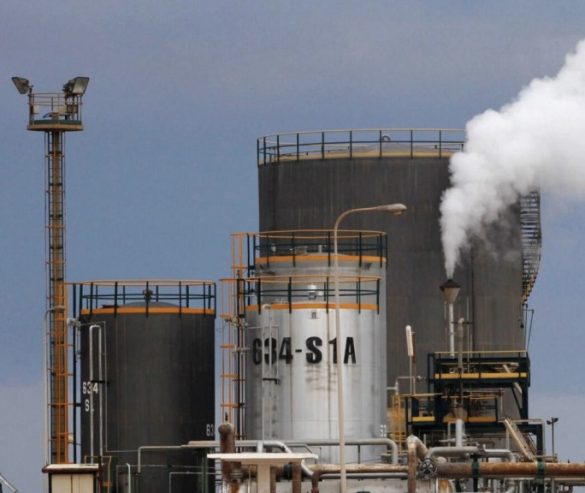KEY POINTS
Khalda Petroleum, in partnership with Apache, has discovered three new oil and gas fields in Egypt’s Western Desert, expected to add 12 million barrels of oil equivalent to the country’s reserves.
The discoveries are already contributing 2,750 barrels of oil and condensates per day, along with 20 million cubic feet of natural gas, with further increases expected.
The Egyptian government’s recent adjustments to gas pricing mechanisms and exploration incentives have helped reverse declining production trends, supporting the growth of the country’s energy sector.
Khalda Petroleum, in partnership with the U.S. energy company Apache, has made three significant new oil and gas discoveries in Egypt’s Western Desert.
The announcement, made on April 14, 2025, by the Egyptian Ministry of Petroleum and Mineral Resources, marks a significant milestone in Egypt’s ongoing efforts to bolster its energy reserves and production capacity.
OilPrice reports that the three new discoveries are expected to add a total of approximately 12 million barrels of oil equivalent (boe) to the country’s national reserves.
Out of this total, 4 million boe are considered recoverable. Currently, production from these newly discovered fields is already at around 2,750 barrels of oil and condensates per day.
Additionally, the fields are producing 20 million cubic feet (mmcf) of natural gas daily. The total production is expected to grow as Khalda Petroleum continues to assess the full potential of these new reserves, including the associated gas reserves.
These discoveries align with Egypt’s broader strategy to boost oil and gas production through enhanced exploration incentives. The Egyptian government has recently adjusted its gas pricing mechanisms, which have played a crucial role in reversing the country’s declining production trends. “Thanks to these incentives, Khalda’s gas output has climbed above 480 mmcf per day, with expectations to reach 500 mmcf soon,” said a statement from the Ministry of Petroleum and Mineral Resources. Without these changes, production had been expected to fall to 380 mmcf per day within the next six months.
The new finds in the Western Desert underscore the untapped potential of Egypt’s onshore energy resources. The partnership between Khalda Petroleum and Apache highlights the effectiveness of public-private collaborations in expanding the country’s energy reserves. The latest discoveries are expected to provide a significant boost to Egypt’s energy sector, reinforcing the country’s role as a key player in the Middle Eastern and global energy markets.
Egypt’s growing energy sector gets boost
In addition to the immediate production gains, the discoveries also contribute to Egypt’s long-term strategy to increase its energy output and secure energy independence. Egypt has faced increasing pressure to meet domestic energy demands, while also working to diversify its energy exports, particularly to Europe and Asia. These new findings in the Western Desert could play a vital role in addressing these challenges, especially as global energy markets continue to evolve.
The Egyptian government’s continued focus on incentivizing exploration and investment in the energy sector is seen as a critical step toward achieving these goals. Khalda’s partnership with Apache is a prime example of how collaboration between state-owned and private companies can drive growth and innovation in the energy industry.
The impact of these discoveries also extends to Egypt’s broader economic development. As the country strives to improve its economic standing and attract international investment, the energy sector remains a key driver of growth. With oil and gas reserves being critical to Egypt’s future, these discoveries are expected to strengthen the country’s economic foundation and provide a reliable source of energy for years to come.



